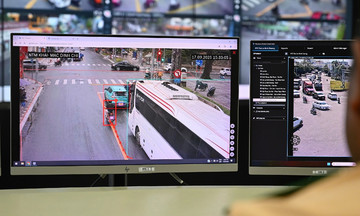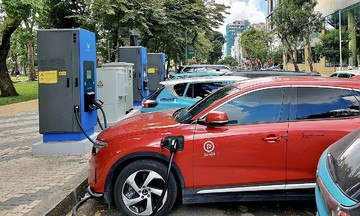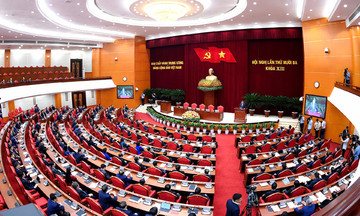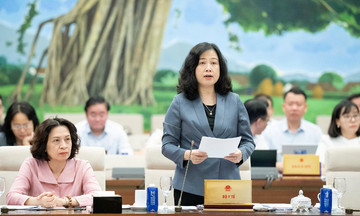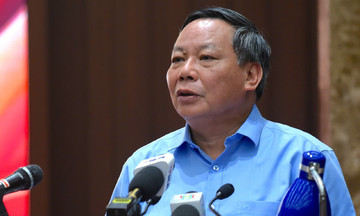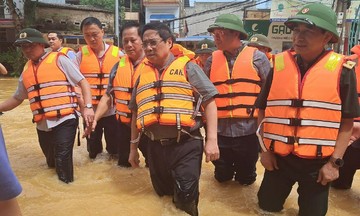On 23/6, the National Assembly Standing Committee discussed the draft law amending and supplementing the intellectual property law. The draft law focuses on supporting the creation and commercial exploitation of intellectual property rights to promote innovation. The state will support the creation, establishment, exploitation, and management of intellectual property rights, as well as valuation, transfer models, and intellectual property sharing mechanisms.
The draft law also prioritizes the purchase of intellectual property rights for products crucial to national security, and socio-economic development. It also includes policies to develop the intellectual property ecosystem and encourage investment in startups. Intellectual property owners can determine the value of their assets and create separate asset lists for management if the asset value is not yet recorded in accounting books.
Minister of Science and Technology Nguyen Manh Hung emphasized that this amendment aims to transform research results into tradable assets. "Only then can we form a strong market and make intellect a driver of development," Minister Hung said.
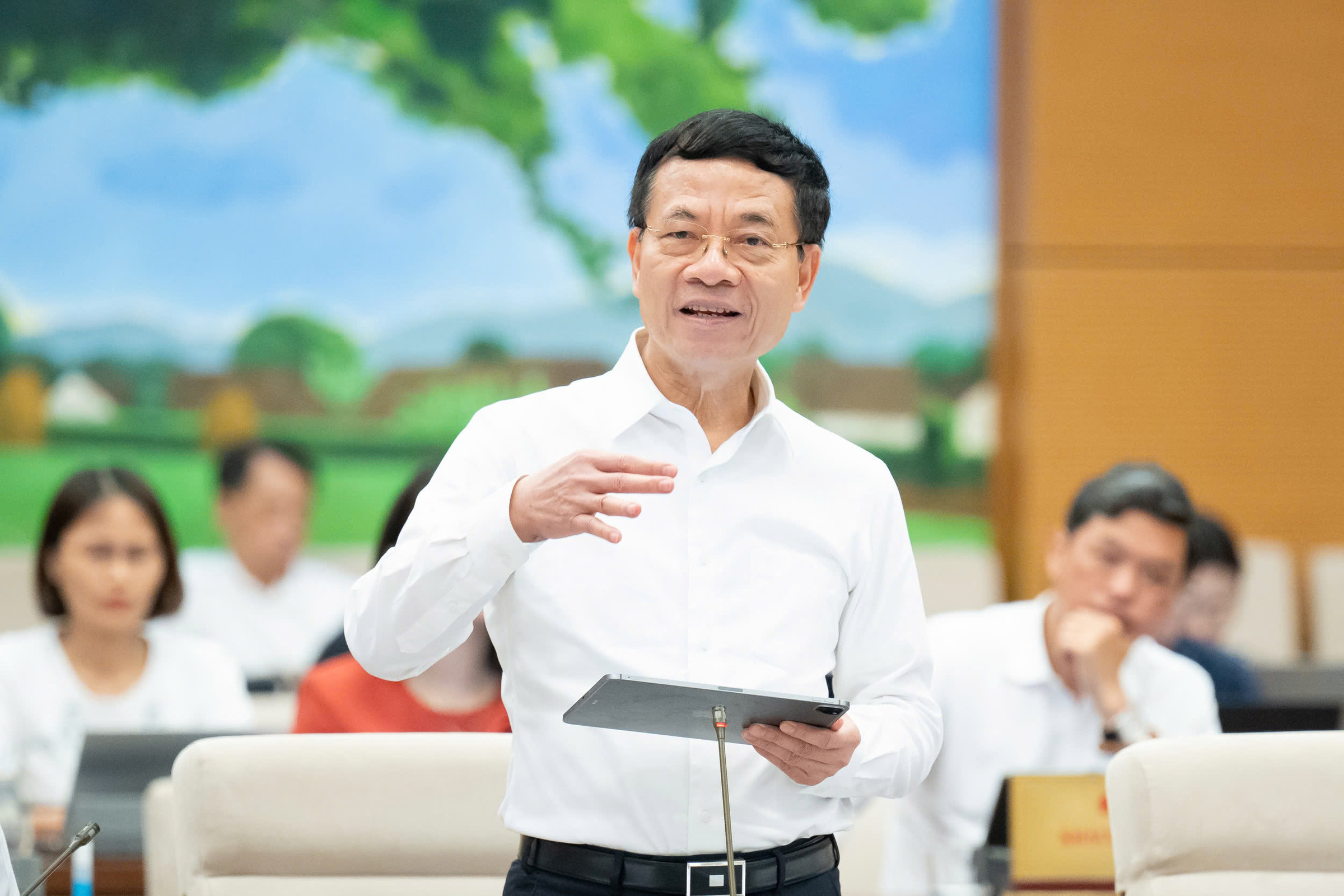 |
Minister of Science and Technology Nguyen Manh Hung. Photo: National Assembly Portal |
Minister of Science and Technology Nguyen Manh Hung. Photo: National Assembly Portal
The minister explained that the draft law allows intellectual property to be valued, traded, and used as assets. The most significant change is the shift from rights protection to the capitalization, commercialization, and marketization of research outcomes. This will make intellectual property a strategic competitive tool for businesses and the nation.
In developed countries, intangible assets and intellectual property are dominant, often comprising 70-80% of total assets. Minister Hung stressed that Vietnam has reached the stage where it must prioritize intellectual property development for national growth, making it a new economic growth driver.
Addressing concerns about "owner-determined value" of intellectual property, the minister outlined a two-step valuation process. First, businesses self-assess the value, possibly based on research costs, for internal management. Second, they seek valuation through intermediary or consulting organizations.
"Once valued by an intermediary organization, the asset can be traded. This is a common international practice, and this point will be further clarified," the minister said.
AI-generated products will not be protected
Nguyen Thanh Hai, chairwoman of the National Assembly's Committee for Deputy Affairs, expressed concern about the lack of policies recognizing ownership of AI-generated products in the draft law. Many countries have specific legal frameworks to regulate and encourage this sector's development.
"We cannot ignore the strong digital transformation context in amending the intellectual property law. A legal framework is needed to issue circulars and decrees on this matter," she proposed.
National Assembly Vice Chairwoman Nguyen Thi Thanh agreed that given the rapid development and widespread application of AI, the government should consider whether to recognize intellectual property rights for AI-generated products. The drafting agency needs to clarify this.
Minister Hung noted that using public online information for AI training is a globally hot topic. AI uses information to reason and create new information, similar to how people read books or online articles, then think, form new perceptions, and apply them to work for development.
Regarding AI-generated products, the minister emphasized the need for clear distinction. Products created solely by AI without human involvement will not be protected. However, products created by humans using AI as a tool will be protected. This is the prevailing regulation in most countries. The ministry will research and develop an artificial intelligence law to create a clear legal framework and thoroughly manage this issue.
The draft law amending and supplementing the intellectual property law is scheduled for National Assembly review and approval at the 10th session at the end of this year.
Son Ha






